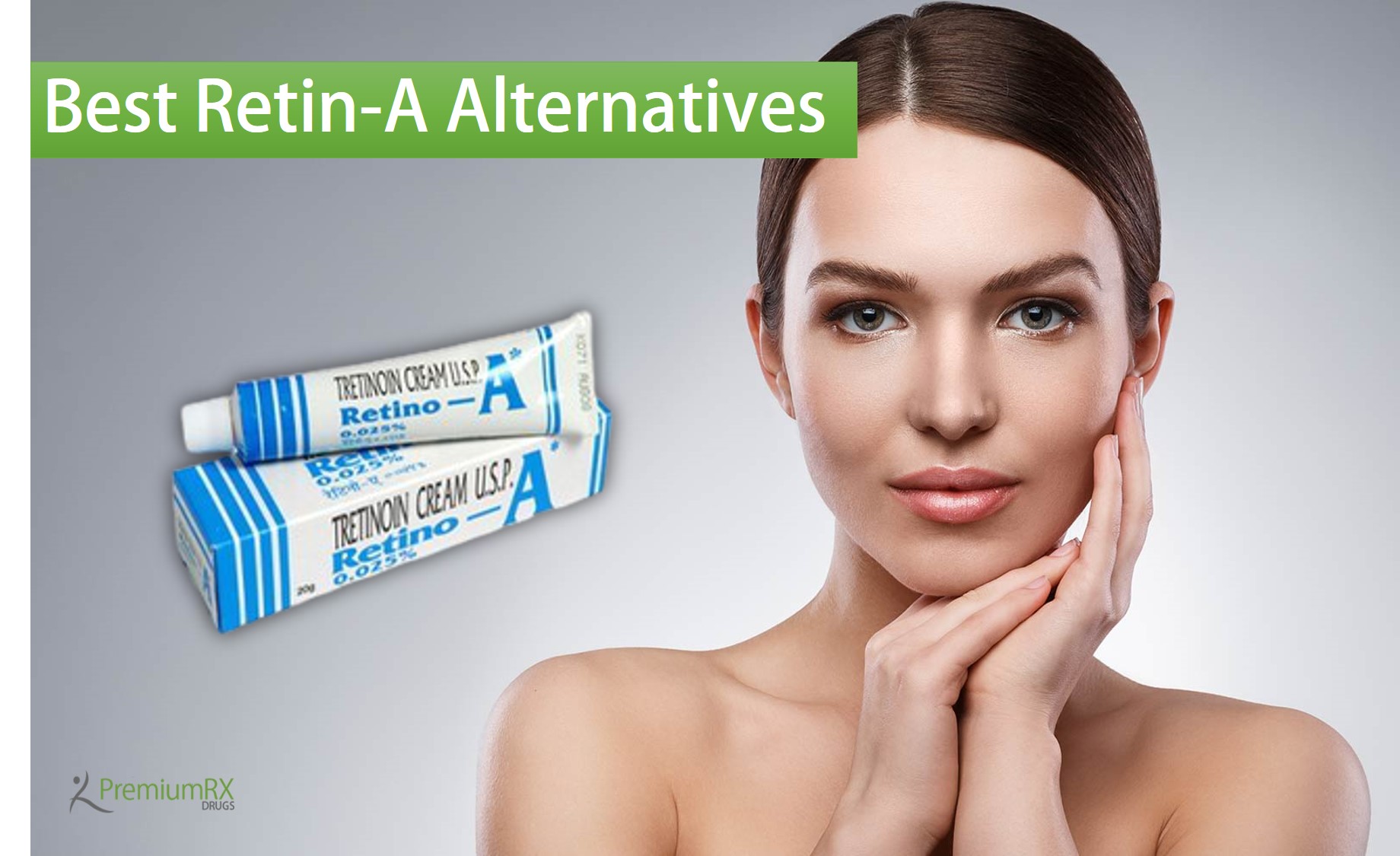Being dispensed with dermatologist’s permission, Retin A is one of the most widely beloved and clinically tested skin saviours.
Retin A is one of the famous brands you might recognize. But some people’s skin cannot tolerate it. This is the reason why dermatologists and skincare experts have been looking for alternatives that can provide the same results as Retin A. Tretinoin products work because they specifically increase cell turnover, enhance collagen production, hydrate skin, reduce acne, and improve discolouration. Alternative products need to do similar things which help to enhance the appearance of skin. A few such alternatives exist, and they are Retino A cream 0.025%, Retino A cream0.5%, Tretinoin cream 0.025%, and tretinoin cream .05%. In this article, we take a detailed look at an effective acne treatment medication called Retin A and its alternatives, how they work and how to use them correctly to get the best desired effects. If you have ever turned on to web pages for too long, you have already been aware of skincare formulations like Retin A.
What are Retin A alternatives?
Few skin ingredients are as useful as Tretinoin. Retinoids like tretinoin been clinically proven to reduce acne, signs of ageing, and a perfect beauty staple. The skin care formulation is considered the gold standard for the plethora of skin problems, including acne, sun damage, and wrinkles. Brands like Retin A do the job well when it comes to reducing pimples and fine line. Retin A and its alternatives have been increasing popular in the cosmetic as well as skincare industry as an effective skin care remedy. As mentioned above, these formulations have gentler ingredients like Tretinoin that are specially designed to treat acne, improve skin texture, and provide anti-ageing effects without skin’s irritation. It has been shown to stimulate cell turnover and over time, improve the appearance of fine lines, wrinkles, and photodamage. T
Retino A cream- Affordable, effective, and easy to use, Retino A cream is widely used for treating and preventing acne, reducing the signs of ageing. As per clinical trials, use of Retino A cream daily over twelve weeks cause a significant reduction in acne on the face. A lot of studies also show that regular usage of tretinoin formulation makes fin lines and other signs of skin ageing less visible.
Tretinoin cream-Another superhero alternative is Tretinoin cream; it is promising because as per clinical trials, it is well-tolerated, and users experience minimal skin redness and irritation. The topical medicine is in the cosmetic and skincare industry for more than three decades to help diminish acne, fine lines and dark spots caused by excessive sun exposure.
How to choose the best Retin A alternative for your skin?
With so many Retin A alternatives available in the market, searching for the most effective and safest formulation can be a difficult task for many out there. Carefully examining the skin type as well as the product label is key to finding an alternative option that helps to enhance the skin’s appearance.
Brands like A Ret gel (tretinoin gel) retino A cream and tretinoin cream individually label the product with the percentage of the active ingredient Tretinoin it carries. Tretinoin cream is available at 0.025% and 0.5%. You should avoid it if you are allergic to it and may develop skin irritation. Whether you are using these formulations for acne prevention, or anti-ageing purposes, it is essential to use them effectively. These preparations come in a variety of concentrations ranging from .025% to significantly stronger .05%. Although Tretinoin products are safe, they can cause problems like dry skin, irritation and skin peeling in some people. These side effects are common during the first several weeks of treatment. To reduce the risk of skin irritation and other associated skin issues, it may be best to begin treatment with the lowest strength Tretinoin product. Finding the correct Tretinoin gel or cream concentration is essential if you are looking for the best results in a short span. It may take several months for you to determine which strength or from is ideal for your skin sensitivity, acne, and other skin problems. You can work with your dermatologist in finding the best formulation and concentration for your condition.
Marie
Latest posts by Marie (see all)
- Revize Micro Gel 0.025% | Uses, Price, Side effects - April 9, 2025
- What is Evalon Cream: How to Apply, Benefit, who Can Use - April 4, 2025
- Understanding Avanair 200 mg: A Comprehensive Guide - April 4, 2025




